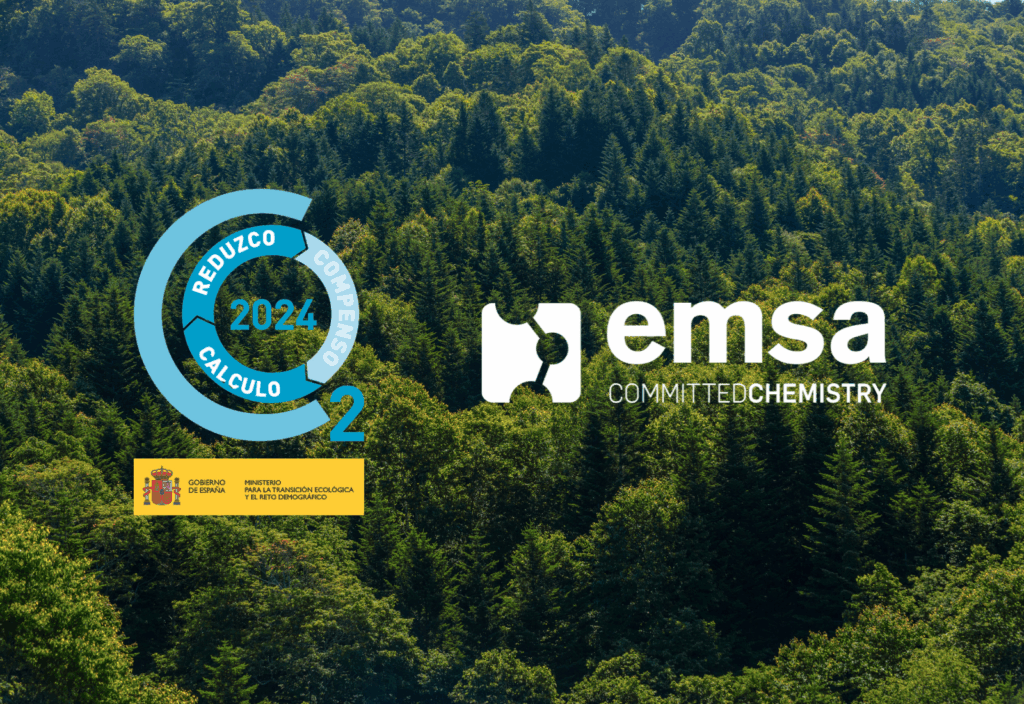Factors such as drought, salinity, and extreme temperatures can compromise agricultural yields and impact the economic viability of farms. Therefore, managing abiotic stress is essential to ensure productive stability and crop quality.
Among the available solutions, glycine betaine has proven to be a highly efficient compound for increasing plant tolerance and optimizing metabolism. However, its origin is a key factor in its effectiveness and safety.
BetaSol®: Natural Betaine
BetaSol® is a 100% natural, GMO-free betaine that offers superior advantages over synthetic glycine in both biological performance and environmental impact.
Features of BetaSol®
BetaSol® is a next-generation powerful biostimulant, developed from European sugar beet without GMOs and containing 97% pure betaine. Its mechanism of action is based on osmotic regulation and cellular protection, helping crops maintain water and energy homeostasis under stress conditions.
Key Benefits of BetaSol®
- Greater resistance to extreme conditions: enhances crop tolerance to drought, heat, salinity, and cold, reducing cellular damage and promoting an adaptive response.
- Optimized water and nutrient absorption: regulates the osmotic balance of plant cells, improving water retention and the availability of essential nutrients.
- Enhanced photosynthesis and productivity: increases CO₂ utilization efficiency, optimizing energy metabolism and promoting higher yields in crops such as tomatoes, corn, wheat, citrus, and strawberries.
- High compatibility with other agricultural management strategies: can be integrated with fertilizers, biostimulants, and phytosanitary treatments without compromising effectiveness.
Application Methods of BetaSol®
- Foliar spraying: rapid absorption in less than 24 hours.
- Soil drench: improves root absorption in strategic crops.
- Drip irrigation: uniform distribution and high bioavailability.
Advantages of BetaSol® over Synthetic Glycine
Synthetic glycine is a laboratory-produced version of glycine, mainly used in agriculture as a chelating agent to improve micronutrient absorption. While its role in plant nutrition is recognized, it has limitations in terms of abiotic stress protection and is not suitable for organic farming.
| Characteristic | BetaSol® (Natural) | Synthetic Glycine |
|---|---|---|
| Origin | Sugar beet | Chemical production |
| GMO-Free | Yes | No |
| Environmental Impact | Biodegradable, residue-free | May generate chemical residues |
| Stress Protection | High (drought, heat, salinity) | Moderate |
| Organic Certification | Yes | No |
| Mode of Action | Natural osmoprotection and cellular stabilization | Micronutrient chelating agent |
BetaSol® stands out as the most efficient alternative to strengthen crop resistance, optimize nutrient absorption, and improve agricultural yield sustainably. Its 100% natural origin, high compatibility with integrated management programs, and organic farming certification make it the best choice over synthetic glycine.


